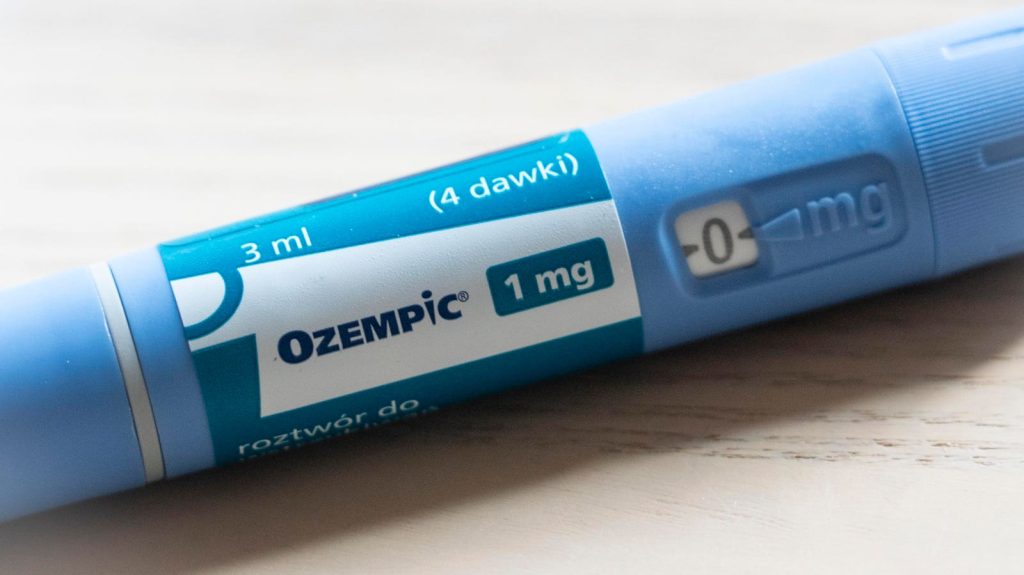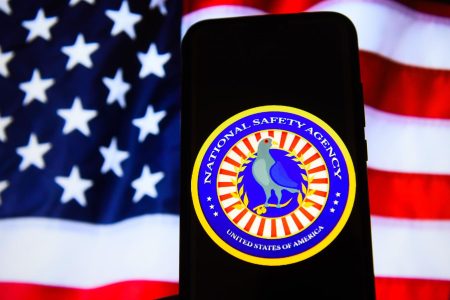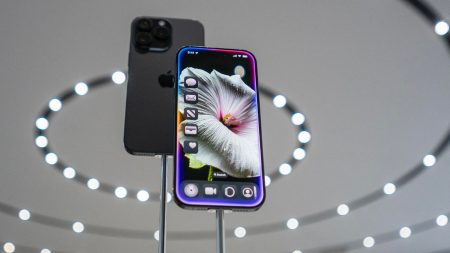Topline
Counterfeit versions of weight loss and diabetes drugs Ozempic, Wegovy and Mounjaro have been reported across the country, as drugmakers attempt to crack down on the illegal trafficking that may be potentially amplified by product shortages.
Key Facts
There have been 38 reports of counterfeit semaglutide—the generic name for Ozempic, Wegovy and Rybelsus—in the Food and Drug Administration’s Adverse Events Reporting System since 2020, with the most recent reported on October 5.
Of those 38 reports, 25 were listed as serious—with adverse events like miscarriage, loss of consciousness, acute kidney injury and pancreatitis—and two resulted in death.
The FDA’s dashboard has its limitations: Both healthcare providers and consumers are able to send in reports, but they’re not confirmed by the agency, and there is “no certainty that a suspected drug caused the event” reported, according to the FDA.
On October 5, industry trade group Pharmaceutical Cargo Security Coalition sent out an alert warning its members the FDA is investigating trafficking schemes of counterfeit pens of semaglutide and tirzepatide—generic name for Mounjaro and Zepbound—into U.S. pharmacies, according to a report obtained by CBS News.
There have been 12 reports of fake tirzepatide in the FDA’s database, with the most recent one reported in late September, and only one was labeled as a serious case.
Novo Nordisk, the maker of semaglutide, told Forbes it has “taken measures to create awareness of the potential for counterfeit products.”
How To Spot Fake Ozempic And Wegovy Injections
Real Ozempic pens don’t grow in size when setting the appropriate dose, according to Novo Nordisk. They only show the intended dose once dialed up from zero, and they’re only available in 0.25 milligram or 0.5 milligram doses, 1 milligram doses or 2 milligram doses. The 1 milligram and 2 milligram doses only come in a box containing four needles that directly attach to the pen, and the 0.25 milligram or 0.5 milligram doses come in a pack of six. Fake Ozempic boxes may have grammatical or spelling errors and a lack of tamper resistant perforation, and the batch number on the counterfeit box might not correspond to the product strength listed on the same box and pen. Counterfeit pens may have a poor quality label that doesn’t stick to the pen and they may lengthen when setting the dose. Real Wegovy pens don’t have a push button to administer the medicine, they are fixed-dose injectors, so there’s not an option to change the dosage and they don’t extend in length. Wegovy pens only come in five doses: 0.25 milligrams, 0.5 milligrams, 1 milligram, 1.7 milligrams and 2.4 milligrams. Forbes has reached out to Eli Lilly, the maker of Mounjaro and Zepbound, for comment.
Key Background
Novo Nordisk first reported a counterfeit Ozempic pen found in a U.S. pharmacy in June, which led to an adverse reaction in the patient. The Medicines and Health Products Regulatory Agency—the FDA’s British counterpart—said in an October statement it seized 369 “potentially fake” Ozempic pens since January 2023. It also received reports from consumers of fake Saxenda—brand name for liraglutide—pens, which are also manufactured by Novo Nordisk. Eli Lilly sued 11 online pharmacies in October for importing and selling fake tirzepatide medications. Months of a widespread shortage of Wegovy, Ozempic and Mounjaro may have exacerbated the issue of counterfeit products. Novo Nordisk limited the supply of Wegovy in May to counteract the issue, leaving some people unable to fill their prescriptions. Some compounding pharmacies, medical spas, weight loss centers and wellness clinics have turned to making compounded versions of these drugs as a result of the shortages, which are not FDA-approved and potentially harmful. Drug compounding involves changing or combining a drug’s ingredients to create a drug specifically for a patient. In the case of Ozempic and Wegovy, compounders mix the dangerous salt form of semaglutide into the injections. This led to Novo Nordisk taking legal action in June against clinics and pharmacies selling compounded versions of semaglutide products.
Tangent
Mounjaro was approved for use in weight loss by the FDA on Wednesday under the brand name Zepbound. The drug was approved for adults who are obese or overweight with at least one weight-related health issue like high blood pressure. Mounjaro was previously only FDA-approved for use in type 2 diabetics, but doctors were prescribing it off-label for weight loss. A weekly 15 milligram dose of tirzepatide over the course of 72 weeks was shown to reduce body weight by 22.5% in a clinical trial. Zepbound will be available later this year with a list price of $1,060 for a 1-month prescription, though Eli Lilly is creating a commercial savings card program to help people afford the drug if it isn’t covered by health insurance.
FDA Approves Diabetes Drug Mounjaro For Weight Loss Under Brand Name Zepbound (Forbes)
Diabetes Drug Mounjaro Expected To Be Approved For Weight Loss Soon: What To Know And How It Compares To Similar Drugs (Forbes)
What To Know About Ozempic: The Diabetes Drug Becomes A Viral Weight Loss Hit (Elon Musk Boasts Using It) Creating A Shortage (Forbes)
Wegovy Shortage: Drug Maker Limits Distribution—Here’s When Supplies Should Improve (Forbes)
Counterfeit Ozempic Crackdown: Drugmakers Threaten Clinics For Compounding Drugs During Shortages (Forbes)
Eli Lilly sues online pharmacies to ban US imports of fake Mounjaro (Reuters)
Read the full article here










